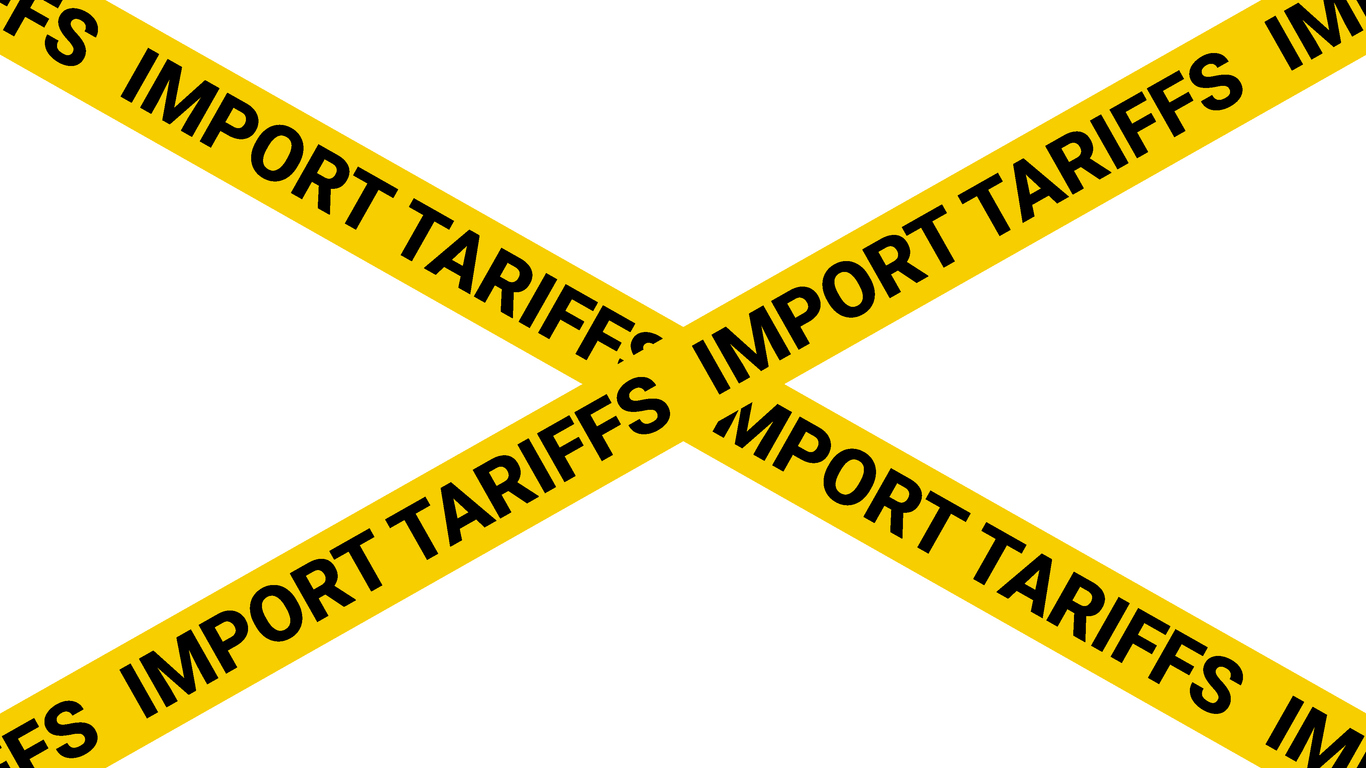How to Move Your Office: A Complete Guide to Relocating Your Business
How to Move Your Office: A Complete Guide to Relocating Your Business
Starting a business is an exciting new challenge that comes with its own set of unique stressors and pressures. You have limited resources, you’re probably working in a small space and on a tight budget. There are so many other things to consider as well, like health insurance, taxes and how to secure your company long term. But what about relocating your office? How do you even begin to think about uprooting your business? If moving your office seems like the right decision for you and your business, take a deep breath. It might seem like an overwhelming task, but it’s not impossible. In fact, relocating your office can be the perfect opportunity for growth. Here’s everything you need to know about moving your office as a small business owner .
Step 1: Assess your current office situation
Before you decide to move your office, take a look at your current situation and see if moving will actually solve any of your current problems. Is your office too small to fit your employees? Do you need a bigger space to accommodate a growing inventory or storage? Are there any issues with the actual location of your office? For example, is your office in an area that’s not conducive to growing your business? If any of these situations apply to your business, relocating your office could be the ideal solution.
Step 2: Find the right location for your business
Before you start searching for space, you first have to decide what kind of location will work best for your business. What are the biggest factors for you when choosing a new location for your business? Perhaps you’re looking for a hip and trendy neighborhood for your creative agency, or you need a space that’s close to public transportation for an online retail store. Whatever your business’s needs are, they should be top priority when choosing a new location.
Step 3: Estimate costs and create a budget
Before you start shopping around, you need to get a realistic idea of how much moving your office will cost. Here are some of the main expenses to keep in mind: – Rent – Utilities – Furniture – Permits – Insurance – Mail Forwarding – Internet – Phone line – Covering your employees’ salaries – And more
Step 4: Let your employees know
If you decide to move your office, make sure to tell your employees as soon as possible. Try to be as transparent as possible, and let them know any potential benefits of the move. Make it clear that the move is for the betterment of the business and not just a change for the sake of change. Having this conversation will also help you gauge your employees’ level of excitement and enthusiasm for the move.
Step 5: Tell your vendors
If you decide to move, let your vendors know as soon as possible. For example, let your internet and phone providers know when you’ll be moving and when they can expect to be fully up and running again. This will help you avoid any service interruptions and ensure you have the best experience possible.
Step 6: Organize your documents
Relocation is a great time to go through and organize your documents. Whether you’re working with a new accountant or preparing for an audit, now is the perfect time to get your documents in order. You can also use this time to digitize old files and get everything organized digitally. Some organizations even offer document-archiving services so you can offload the hassle of organizing your documents.
Step 7: Conclusion
Finally, remember that moving your office isn’t just a one-time thing. You’ll likely move again in the future as your business continues to grow. If you’re just starting out, you might feel like you don’t have any options because your business has to be in your home. But as your business grows, you’ll have more options and be able to choose a space that’s better suited to your needs.








LEAVE A COMMENT
You must be logged in to post a comment.